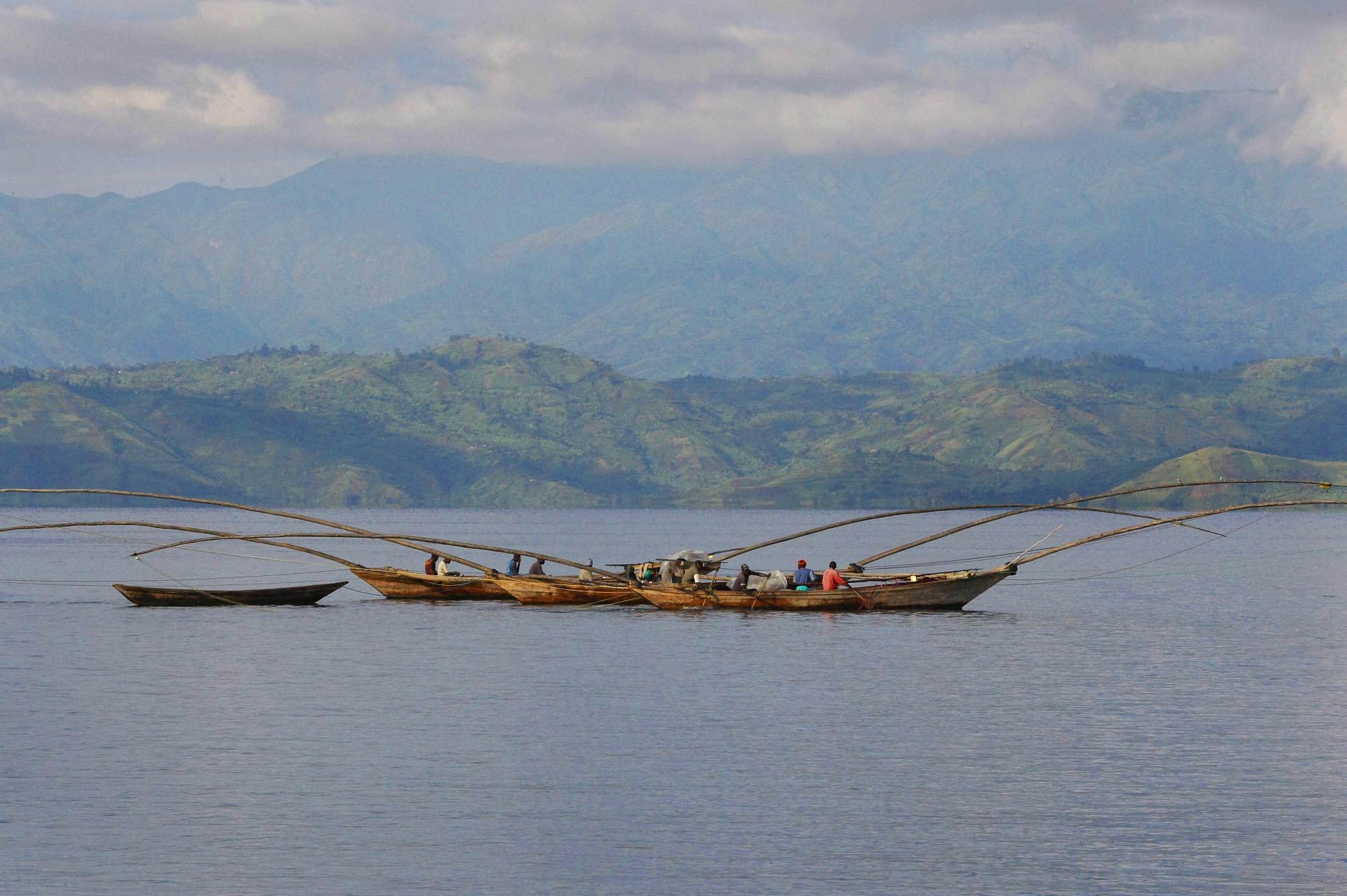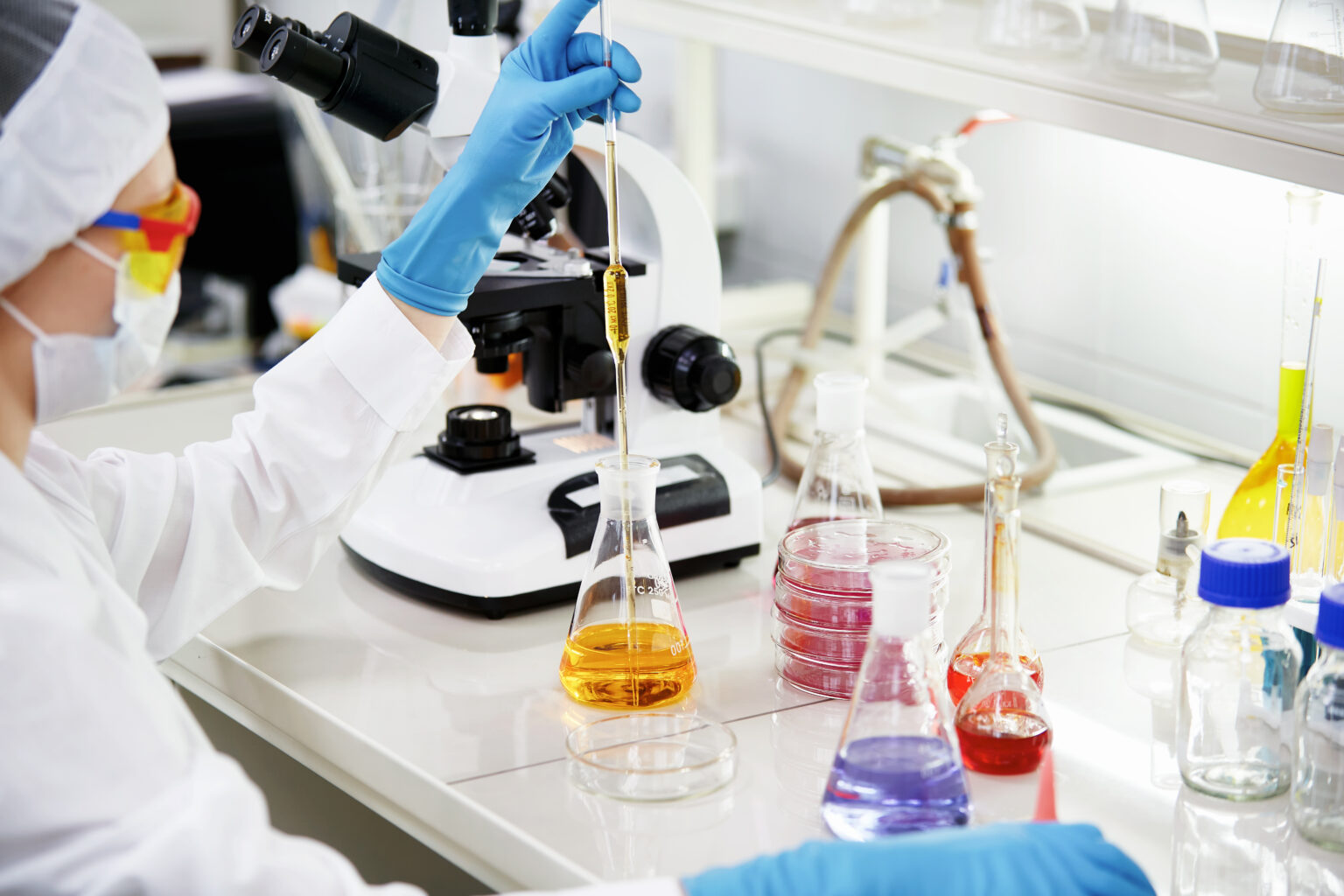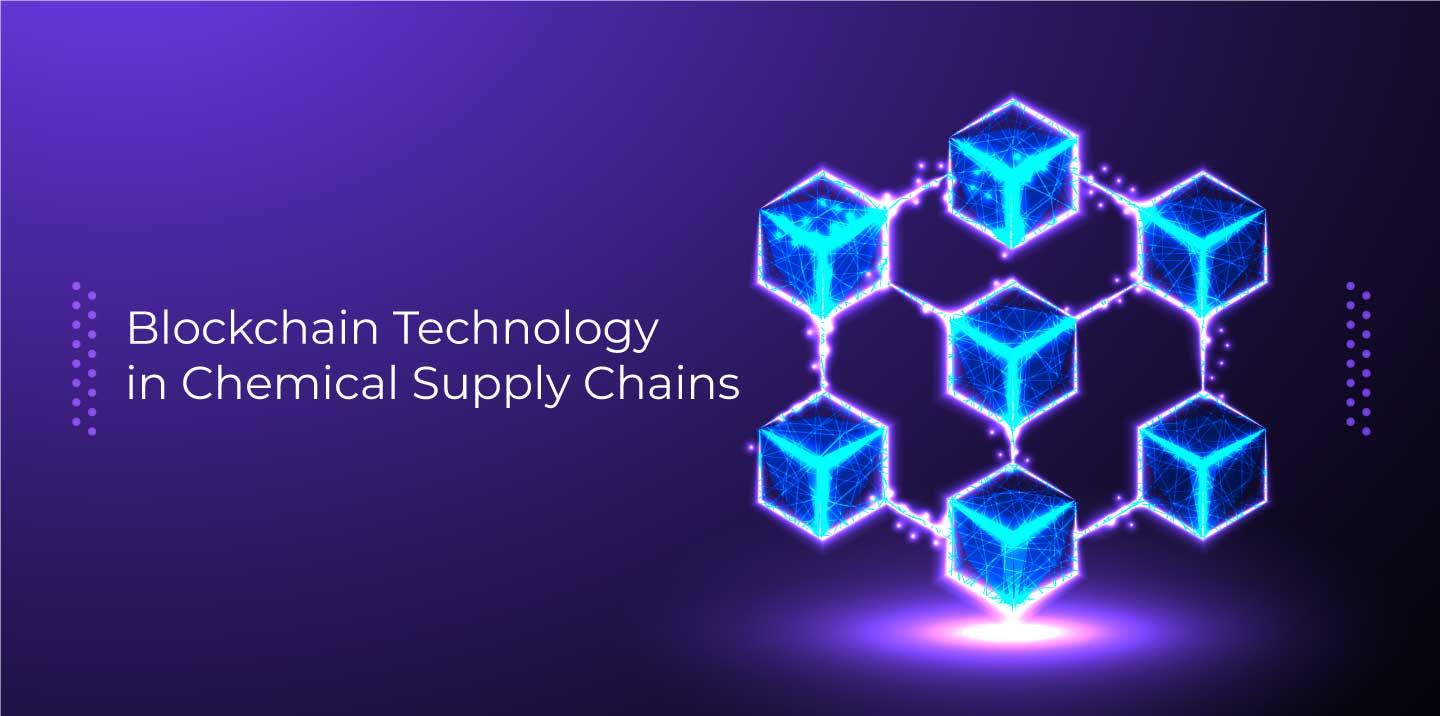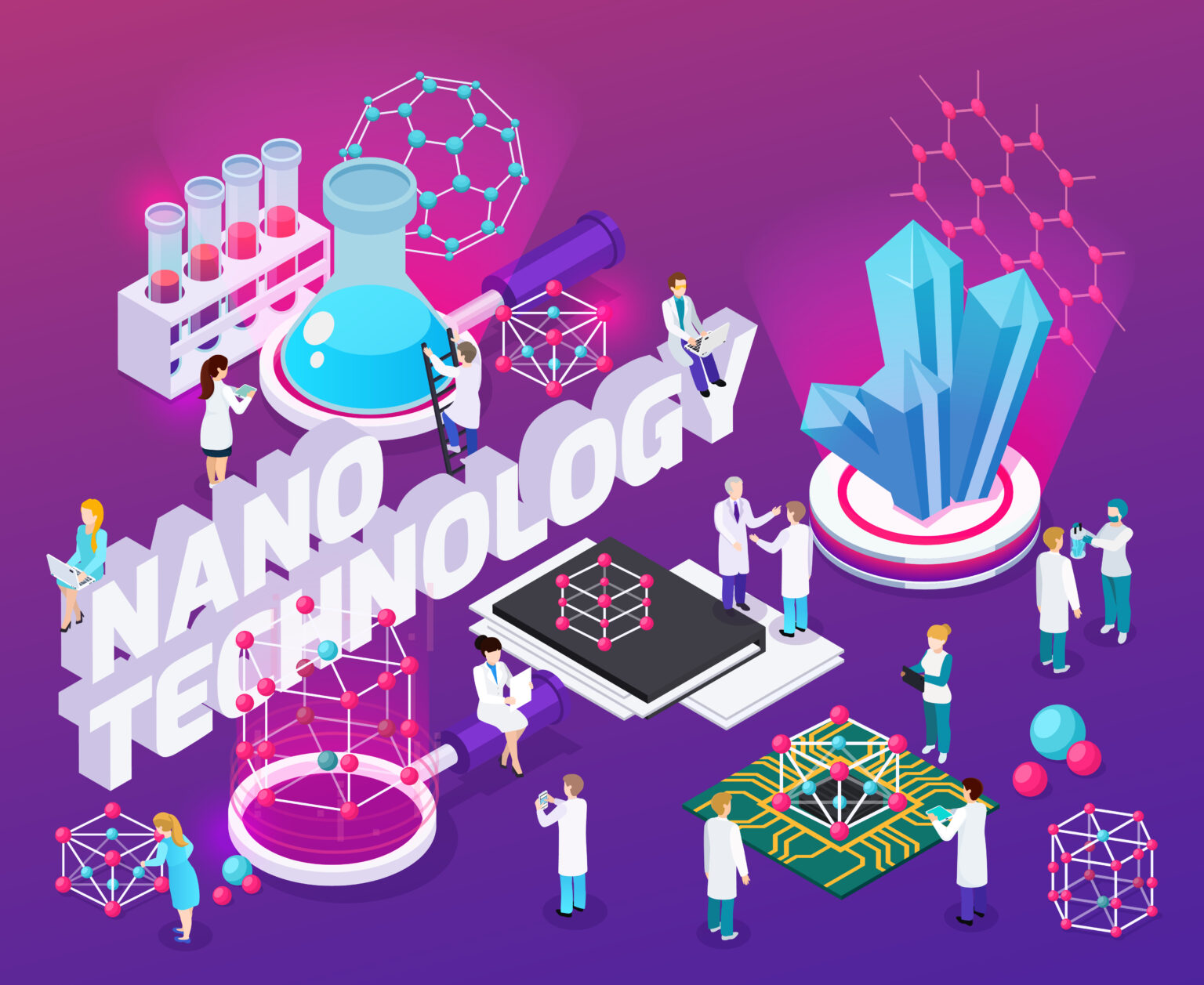Heard of Lake Kivu? It’s located between Rwanda and the Democratic Republic of Congo and it may just be the future of energy. Before its potential as a life-altering source of energy could be tapped into, however, it had to be harnessed.
Dangerous Methane Gas and Lake Kivu
Miles below the surface of Lake Kivu lie billions of cubic meters of methane, carbon dioxide, and hydrogen sulfide gasses. The incredibly toxic combination has long threatened upwards of 2,000,000 people who live on the lake’s shores; if the gas were to be disturbed somehow (earthquake, pressure, etc.) it could create a lethal toxic cloud.
For nearly a decade, the forward-thinking government of Rwanda has been exploring the possibilities of somehow tapping into the trapped gas as an energy source for its power-strained citizens. After many, many “can’t be dones,” U.S. energy company Contour Global helped make the dream a reality starting in December 2015.
The Science of Converting Methane into Energy
A 3,000-lb. extraction barge pumps the gas-laden water from the depths then siphons it to an onshore power plant called KivuWatt where the gas bubbles are converted into energy. To protect the lake’s ecosystem, the treated, gas-free water is then poured back into the lake itself.
Over time, more barges are planned, each adding dozens more megawatts of usable energy to the equation. The initial power-production of the lake is holding steady at about 25 megawatts a day, but is intended to scale up to about 100 megawatts a day over time. Although that amount of energy wouldn’t make a huge difference in, say, Dallas, it’s life-changing for the energy-constrained citizens of Rwanda.
Water Treatment Chemicals in Rwanda
The story presents an interesting alignment of public and private interests. It’s rare that a natural resource is so readily commodified while simultaneously improving both the welfare and the long term safety of a people. The Rwanda water treatment market is a growing one, with stateside companies investing heavily in chemical applications for hard water treatment, industrial purification, and biosolids/sludge handling.
It’s too early on in the Kivu energy-making process to call the plan an unequivocal success, but all signs point to an unprecedented win-win for both the environment and a developing society.




